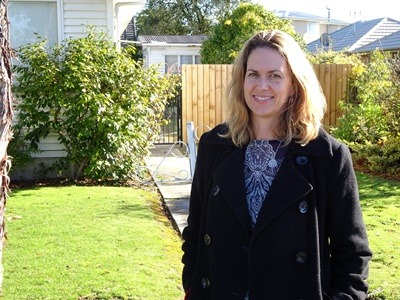Published on 15th of June, 2017

12 emergency houses will be made available for families in Christchurch this winter.
The Christchurch Methodist Mission is currently negotiating with the Ministry of Social Development to provide additional emergency housing for families. The 12 houses will be leased from private landlords by CMM who will manage them and the families needing to live there.
Families will be able to stay in the houses for up to 12 weeks. During this time CMM will work with private landlords, Housing NZ and other community housing providers to find them more permanent housing. CMM social workers will provide support to the families as needed and will be able to refer to other organisations if required. The support will be centred on preparing them to move into a permanent home and identifying risk factors in being able to sustain a long term tenancy. Once in their new home, families will be able to receive up to 12 additional weeks of support to help them transition from emergency housing into a long-term tenancy.
While having more emergency housing available in the community is positive, Christchurch families who are homeless need to be able to access warm, affordable and secure housing that is available to them long-term. Although rents in Christchurch have bucked the national trend and gone down over the last 12 months, families on low incomes are still paying a huge percentage of their weekly income on rent, leaving little for anything else. This often puts them in a situation in which they default on their rent or go into debt leading them to lose their tenancy and struggle to find another one.
"Many of the families CMM helps into housing present with a range of complex issues." says Housing Development and Tenancy Manager Andrea Goodman. "These families can't always secure a house privately because they are not a landlord's first choice due to barriers such as bad credit or low income. Accessing emergency accommodation gives them a warm and safe place short term while they are supported to transition to longer term housing that is more likely to be sustainable".
